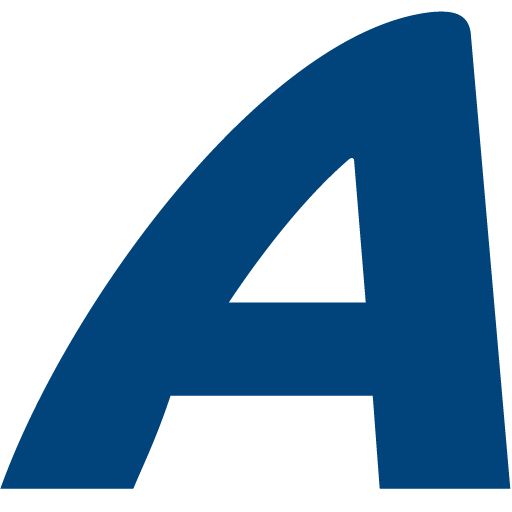BEFORE AFTER
Currently, the Provisional Waiver applies to immediate relatives who are children and spouses of U.S. Citizens. Â As of August 29, 2016, the Provisional Waiver also applies to children and spouses of Lawful Permanent Residents, including all beneficiaries of family-sponsored, employment-based immigrant visa petitions, as well as Diversity Visa Selectees who have a qualifying relative (U.S. Citizen or Lawful Permanent Resident spouse or parent) for purposes of the extreme hardship determination.
FAMILY UNITY
The Provisional Waiver is a remedy for unlawfully present individuals to leave the United States, attend their immigrant visa interviews and return to the United States legally to reunite with their U.S. Citizen or Lawful Permanent Resident (LPR) family members. Â Having an approved provisional waiver helps facilitate immigrant visa issuance at the consulate and reduces the time that applicants are separated from their U.S. citizen or LPR family members.
EXTREME HARDSHIP
The Immigration Nationality Act does not define extreme hardship. Â The Board of Immigration Appeals (BIA) has stated that extreme hardship depends upon the facts and circumstances of each case. Â Therefore, USCIS will make extreme hardship determinations for purposes of provisional waivers on a case-by-case basis.
GROUND OF INADMISSIBILITY
The Provisional Waiver is for applicants whose only ground of inadmissibility is unlawful presence, not misrepresentation, not criminal and not more egregious immigration violations other than unlawful presence (entry without inspection, remaining without authorization, overstays).





